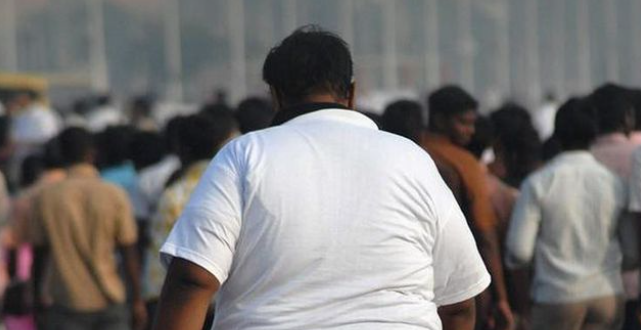A recent comprehensive analysis published in The Lancet has highlighted a concerning global health trend: over one billion people around the world are now living with obesity. This landmark study sheds light on the escalating prevalence of obesity across various demographics, drawing particular attention to its impact in India.
Despite India’s relatively low obesity rates on a global scale—ranking 182 out of 197 countries for women and 180 for men in 2022—the country is witnessing a swift change in this health metric.
The research underscores a dramatic surge in obesity rates among children and adolescents worldwide, which have quadrupled from 1990 to 2022. In the same timeframe, obesity rates among adults have more than doubled for women and nearly tripled for men, with 159 million children and adolescents, alongside 879 million adults, grappling with obesity in 2022.
This comprehensive study pooled data from 3,663 population-representative studies across 200 countries, spanning from 1990 to 2022. It reveals a stark increase in obesity rates over the past three decades, with women’s obesity rates climbing from 1.2% in 1990 to 9.8% in 2022, translating to 44 million women living with obesity.
Men have also seen a significant rise in obesity rates, increasing by 4.9 percentage points during the same period, with 26 million men affected in 2022.
Childhood obesity has seen a notable rise as well, with an increase of 3 percentage points in girls and 3.7 percentage points in boys over the 32-year study period. In 2022, 3.1% of girls and 3.9% of boys were classified as obese, a stark contrast to the 0.2 million boys and girls recorded in 1990, which escalated to 7.3 million boys and 5.2 million girls by 2022.
The study also challenges the common perception that obesity is predominantly an issue among wealthier populations, especially in India. Even among lower economic groups, obesity rates are significant, driven by diets rich in carbohydrates and the increased affordability and accessibility of ultra-processed foods compared to healthier options.

